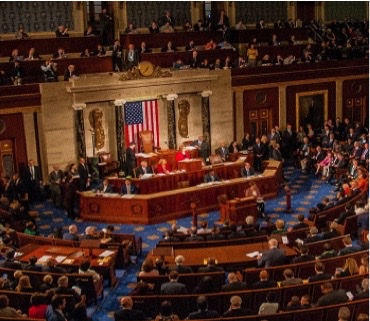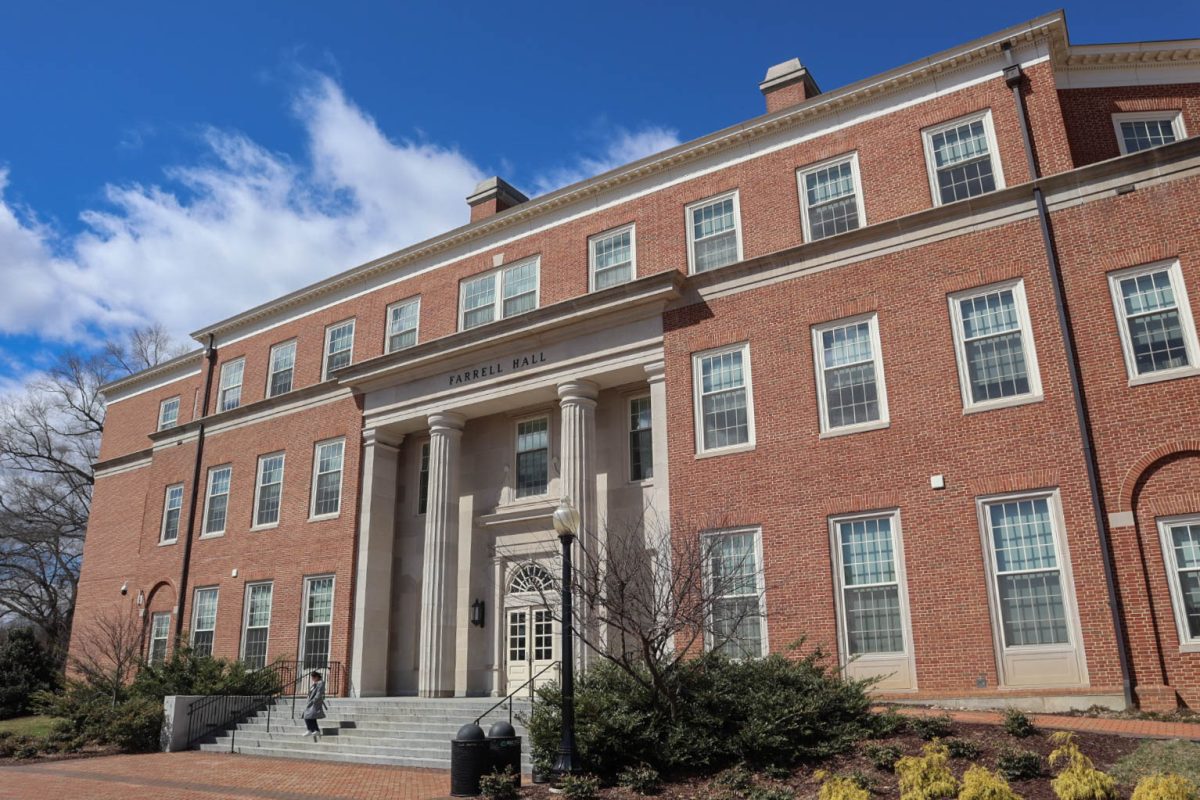
I am no optimist.
A war thousands of miles away. A political system in disarray and division. A world whose future is so uncertain that shaking a magic 8 ball to predict the future would be more accurate than listening to the words of political leaders and the voices on the news.
It is easy to get bogged down by the problems we face — to feel hopeless and powerless to the ways of war, division and conflict.
I am no optimist. But I can’t help but feel optimistic.
Not because there is a solution on the horizon. Not because I see things working out perfectly in the future. And certainly not because it is easy to be optimistic. It is actually quite difficult.
We are pessimistic not by choice, but rather by nature. We are all guilty of this. When a problem gets so hard that our reasonable and obvious solutions are exhausted and deemed incapable of creating the proper resolution, we resort to pessimism as a safeguard. The “it is what it is” attitude. This is not only a useful attitude, but it is even necessary in some situations. It is a coping mechanism to focus on the future rather than the problems of the current. It is a completely reasonable and necessary response. But perhaps we have taken it too far.
Our pessimism is no longer helping us cope but is now a cop-out. It has become an excuse to stop looking for and working toward common solutions. It stalls progress on the basis that the present situation is “too hard” or “too complicated” to resolve. In other words, the ball is rolling down the hill, and we are stuck blaming gravity rather than chasing and stopping the ball ourselves.
I am not asking each of us to have solutions to the problems around us. I mean, if you have a solution to partisan politics, please do share and save us all. But that is unlikely because, after all, we are just college students.
But there is a difference between not having the solution and saying the solution is beyond our comprehension and control. It is in our capability — regardless of our background, major or identity — to find the solutions to the problems around us. At the very least, we have to believe in that. To not believe so undermines not only our own individual power but the power of humanity itself.
We have to believe. As corny as it may sound, believing real change is within us is the core to creating real change. You don’t need to fully understand the problem. You just need to be willing to listen, learn and contribute. Ultimately, it will not be dramatic and revolutionary epiphanies that save us. Rather, it will be the most basic and minute efforts — the small conversations, the uncomfortable questions and the extra efforts to learn a bit more — that solve our most complex problems.
I am no optimist. But I know we need more optimism.
The problems we face today are crushing our spirit. They are locking us into divisions. They are forcing us to pick a side because there is no way out. They are saying to put down our hands because our contributions aren’t worthy. They are telling us to stop caring because, at the end of the day, it is beyond our control.
Yeah, it is what it is. But believe that whatever it may be can change — through heated debates, cooperation and collaboration. By caring more, we inevitably work toward the solutions we need.
My problem isn’t the arguments and disagreements we have. It is the arguments and disagreements that we don’t bother to have. The moment we stop caring — the moment we stop arguing and disagreeing with one another — is the moment we lose control of our problems.










